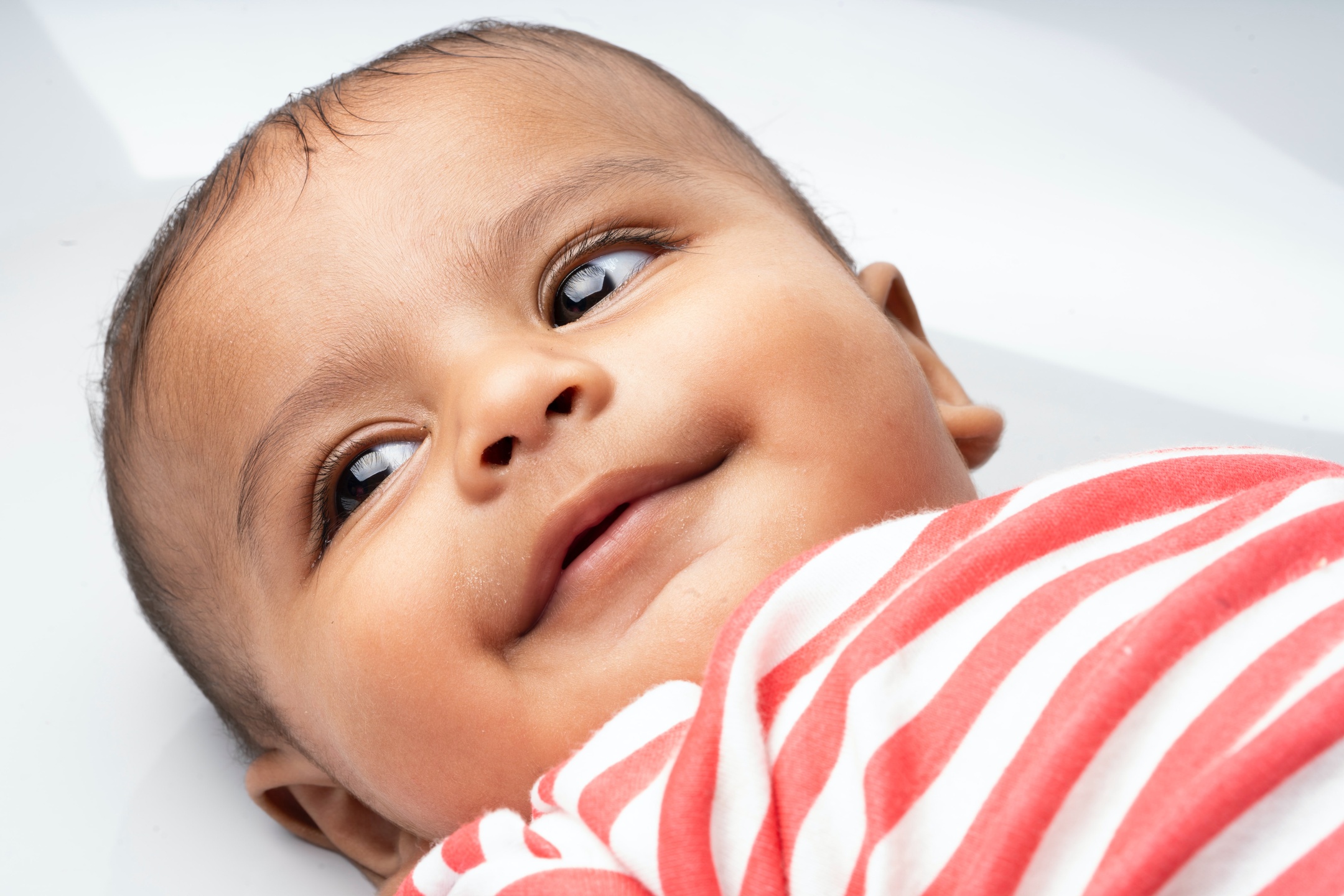Early to bed, early to rise

By Angela Wilson
Certified child sleep consultant, MA Natural Sciences Cambridge University and co-founder of Baby Smiles Club
'Early to bed, early to rise’ – there’s no doubt that you’ve heard it. The benefits of an early start have been advocated by scientists and philosophers for centuries. Which is a good thing, because babies and toddlers are natural 'larks'. Goodbye lie-ins and hello 6am!
There's no one simple 'trick' that will help a baby or toddler to sleep well. It's a combination of things that need to come together. We think there are seven components that are crucial for good sleep. We call these our 'Seven Pillars of Sleep' – and putting them together means that your child will get the best sleep that they can.
One of our Seven Pillars of Sleep is 'Early to bed, early to rise'. A bedtime of 6:30pm - 7:30pm, with a morning wake around 11-12 hours later, tends to work best for babies and toddlers. Why? There are 3 key reasons:
- Sleep Hormones
Babies and toddlers have two key hormones responsible for their sleep - melatonin (the ‘sleep’ hormone) and cortisol (the ‘awake’ hormone). The two hormones rise and fall throughout a 24 hour period.
A bedtime of 6:30pm - 7:30pm and a morning wake around 11–12 hours later coincides with the sleep hormones peaks and troughs (as well as daylight and nightfall). So sleeping at these times optimises sleep, as well as making a child feel nicely awake in the daytime. - Babies and toddlers are natural larks!
Whilst you might love a lie-in and be happily able to doze away, babies and toddlers are naturally early risers. It’s because the production of cortisol (the ‘awake’ hormone) rises fast from around 6am. And ideally, babies and toddlers typically need around 11–12 hours of sleep at night. So an early bedtime gives them the opportunity to get this nice long sleep. - An early bedtime helps to prevent overtiredness
Having a late bedtime runs the risk of a baby or toddler becoming overtired. An overtired child will struggle to fall asleep as easily and is likely to sleep less well at night. Overtiredness is also one of the main causes of early morning wakes (the 4am or 5am wakes where it’s a real struggle for your child to go back to sleep).

Will a later bedtime help with an early morning wake?
Now, where a baby or toddler is waking earlier in the morning that you'd ideally like (say 6am when you'd prefer 7am), it's common for parents to think 'well, I'll just put them for bedtime later'. But actually putting a baby or toddler to bed later in the evening, in the hope that they’ll sleep later in the morning, probably won’t work. A later bedtime doesn’t usually mean a later morning wake, but rather just less sleep. So a later bedtime means that they’re likely to continue to wake at around the same time in the morning, just having had less sleep.
A later bedtime could actually mean an even earlier morning wake, if the lateness of their bedtime has caused them to become overtired.
If a baby or toddler is waking early, and has had all the sleep they need, then it may be that a tweak to their routine might help them sleep later. Or it could be that they're just naturally a really early bird!
So what to do if you’re struggling to deal with your child's early morning wakes? Ditch Netflix and go to bed earlier yourself!
Our Baby Sleep Program includes age-specific guidance from birth up to a year old, showing you how to help your baby get their best sleep as they grow. We show you how to gently build up to an age-appropriate routine that best suits your baby (because all babies are different).
Our approach is founded on the most up-to-date science about how babies sleep, and designed to foster and strengthen the parent-baby bond.

